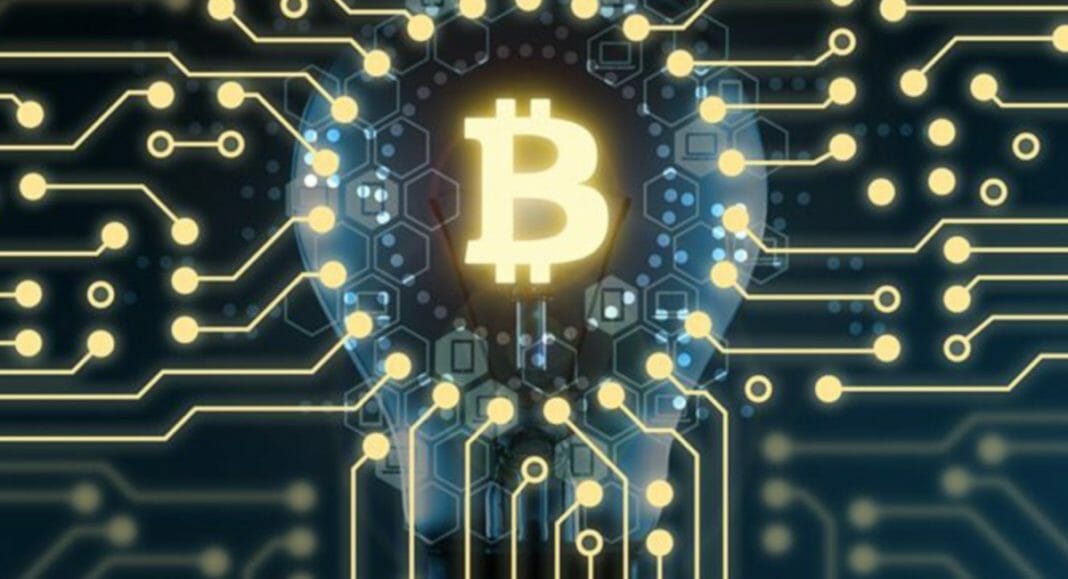In Spain, an environmental project seeks to use Distributed Ledger Technology to identify the characteristics of different residues and its geolocation
The benefits that blockchain offers are diverse, but, maybe, the most useful currently are its ability to store information without alterations and its ability to track an item in the production and distribution chains to its final destination.
Now, thanks to blockchain technology, it would be known not only who participated in the mobilization of a certain product, but also where that product will end up as rubbish. This would even allow knowing if it is stored in the correct recycling cubicle (glass, plastic, metal) or not.
In Spain, the companies SigneBlock, spin off of the Signe Group specialized in blockchain, and Heura, a company dedicated to environmental advice and management, decided to join together to work on a proposal that helps to rescue the environment through solutions that would identify and locate the waste.
The agreement is a mutual work to use blockchain technology in waste management with the aim to optimize processes. The project would be a pioneer in Spain at a technological and environmental level.
“The objective of this collaboration is to promote the progressive development of a circular economy that contributes to achieving the objectives Europe and The United Nations have set in this regard for the period 2020-2030. There are demands for changes in production models aimed to improve the protection of the environment”, a statement released in local media says.
It could “tokenize” and reward factories
One of the benefits of using blockchain technology will be the traceability and transparency it offers to help know exactly the entire process a rubbish passes. This would make it possible to ensure that the waste complies with international regulations and would facilitate traceability for all parties involved in the process.
Thanks to blockchain, it would be possible to identify the characteristics of the waste and determine its geolocation, a fact that would allow an unalterable and efficient monitoring of all agents involved in the processing of products, like manufacturers, packers, or distributors, who are involved in the initial phase, which is the generation of waste.
Marta Gutiérrez, SigneBlock’s CEO, said that today it is important to take advantage of new technologies and take blockchain to the waste disposal sector, with the aim of achieving a circular economy with a mechanism that is not destructive. “This is a reuse of the process to help combat climate change”, the businesswoman said.
According to Gutiérrez, currently it is necessary to create a sustainable production system. In processes such as the blockchain technology one, the information linked to the waste is managed in all stages of the supply chain in a verifiable way. In addition, all participants are allowed to know the process that each waste follows.
Tools like blockchain allow even to “tokenize” or reward with a good reputation the factories that comply with environmental regulations, a fact that will motivate more and more companies.
The representatives of these companies consider that the use of blockchain in environmental management will provide a security that no other technology can offer; this includes optimizing processes and monitoring compliance with current regulations by each responsible entity.
In current times, it is vital that international regulations and protocols approved in the next environmental agreements are respected. Each step could make the difference in walking towards a more environmentally responsible world or following the current course of deforestation, melting of glaciersand disappearance of animal species. The change will also depend on the conscience and order that humanity finally imposes.
By María Rodríguez











